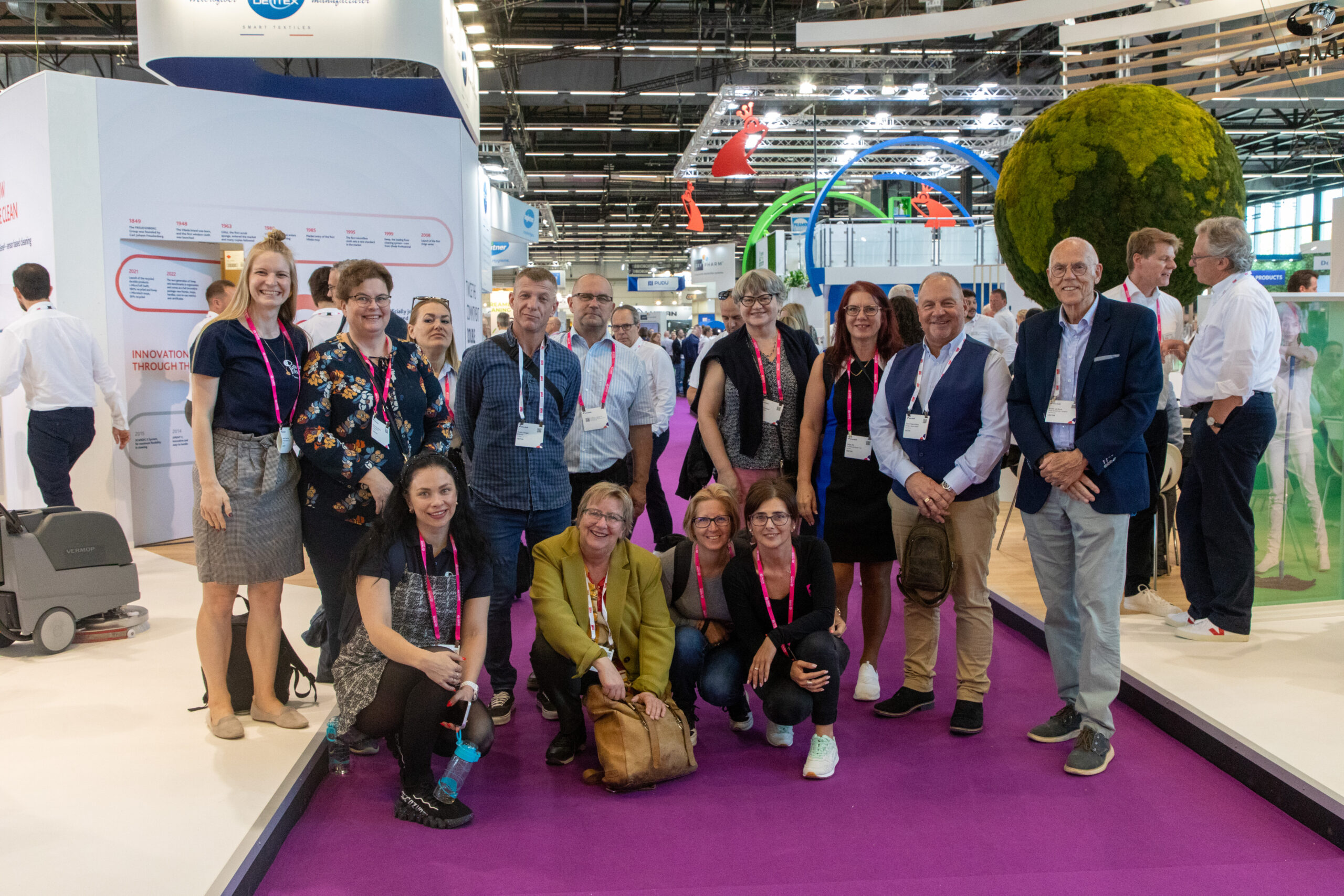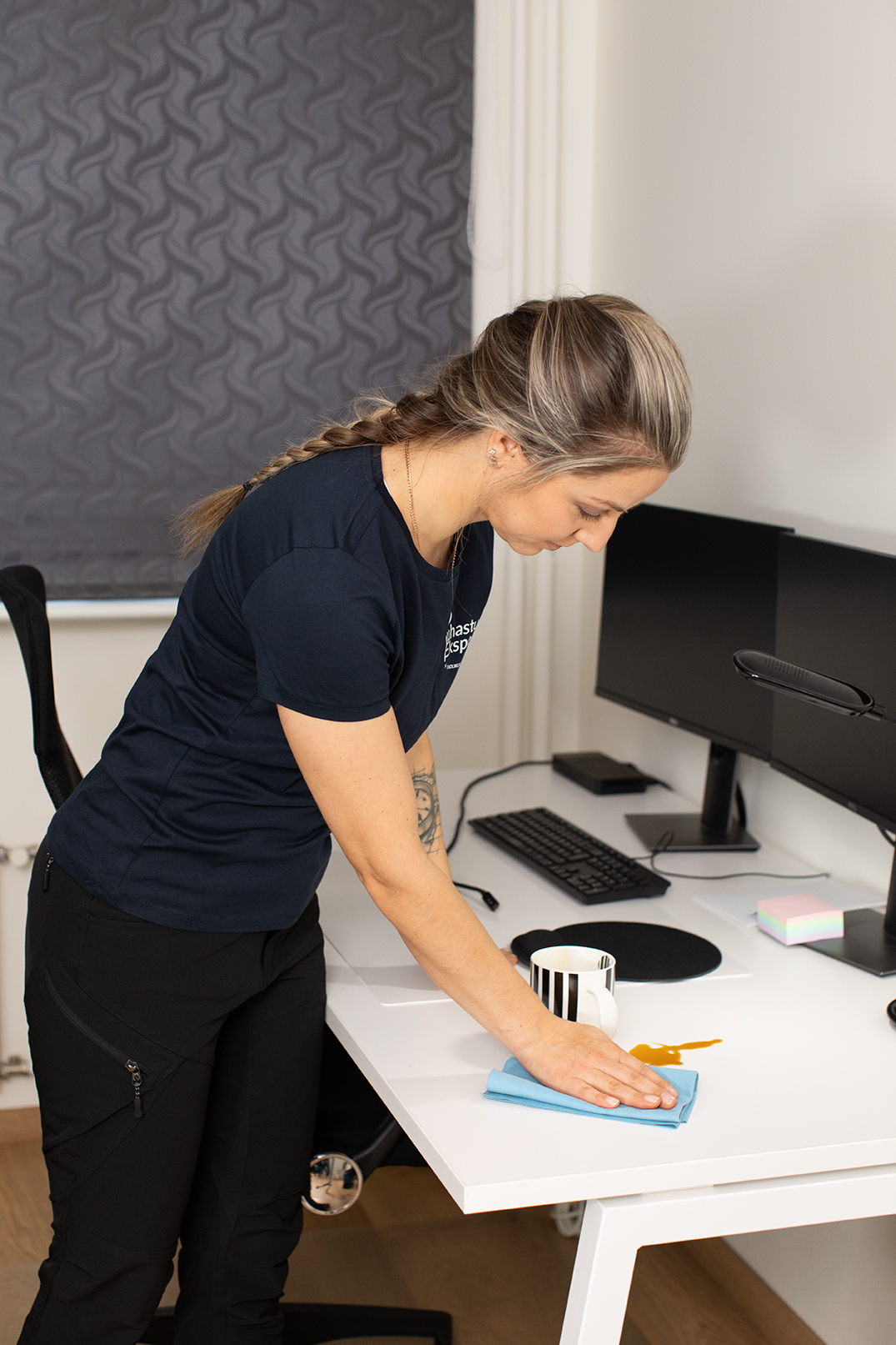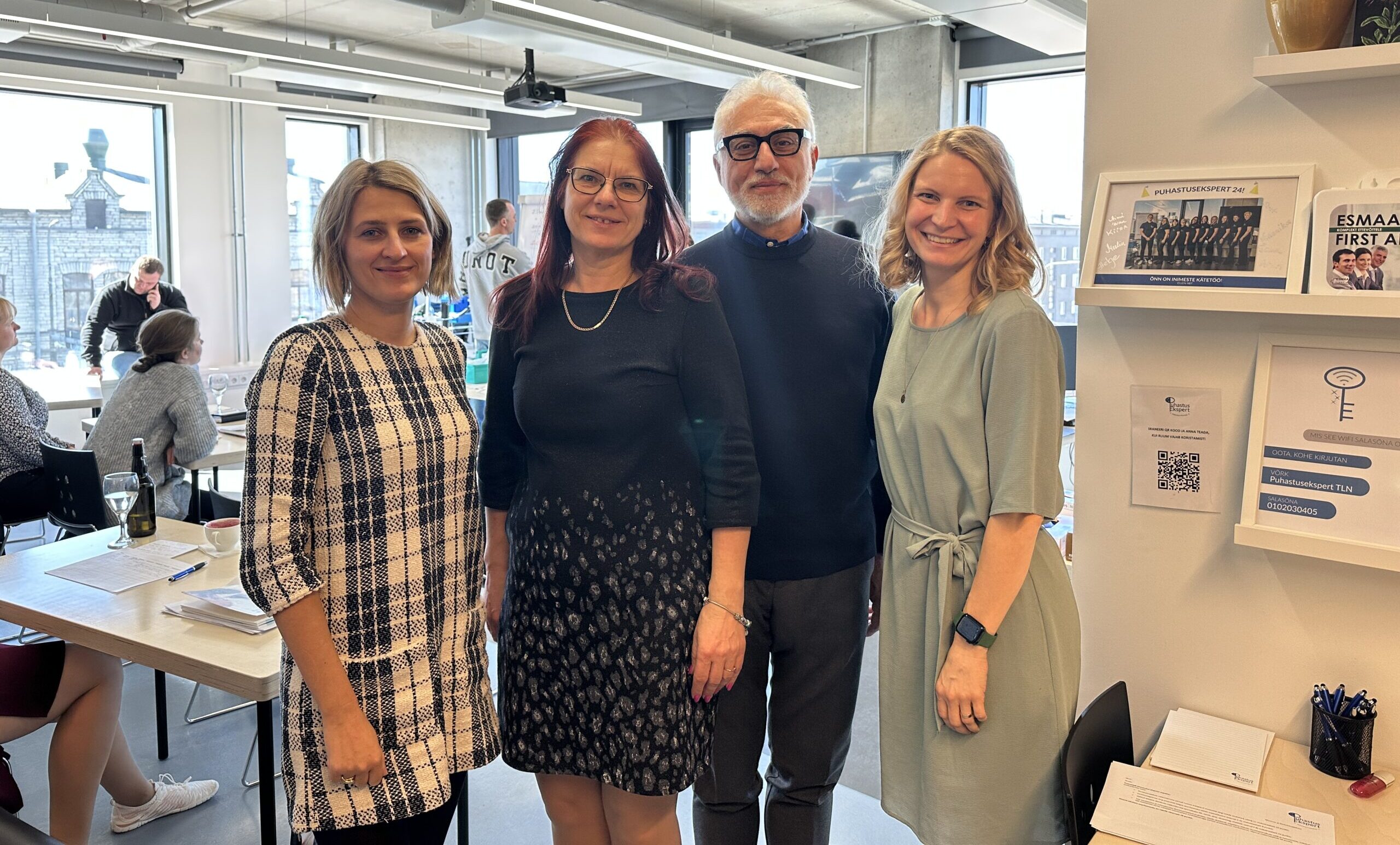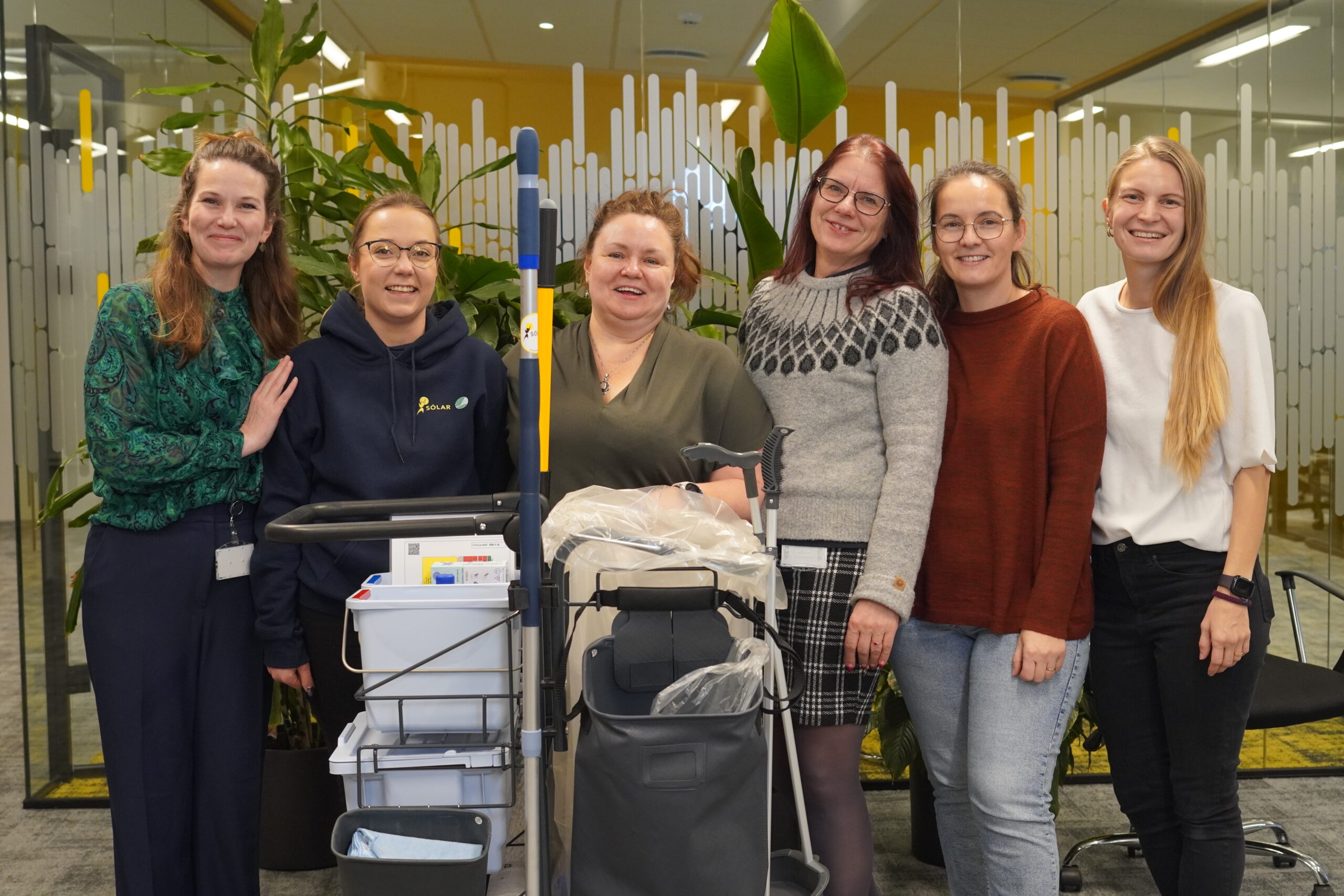Cleaning ergonomics – to prevent occupational diseases and accidents
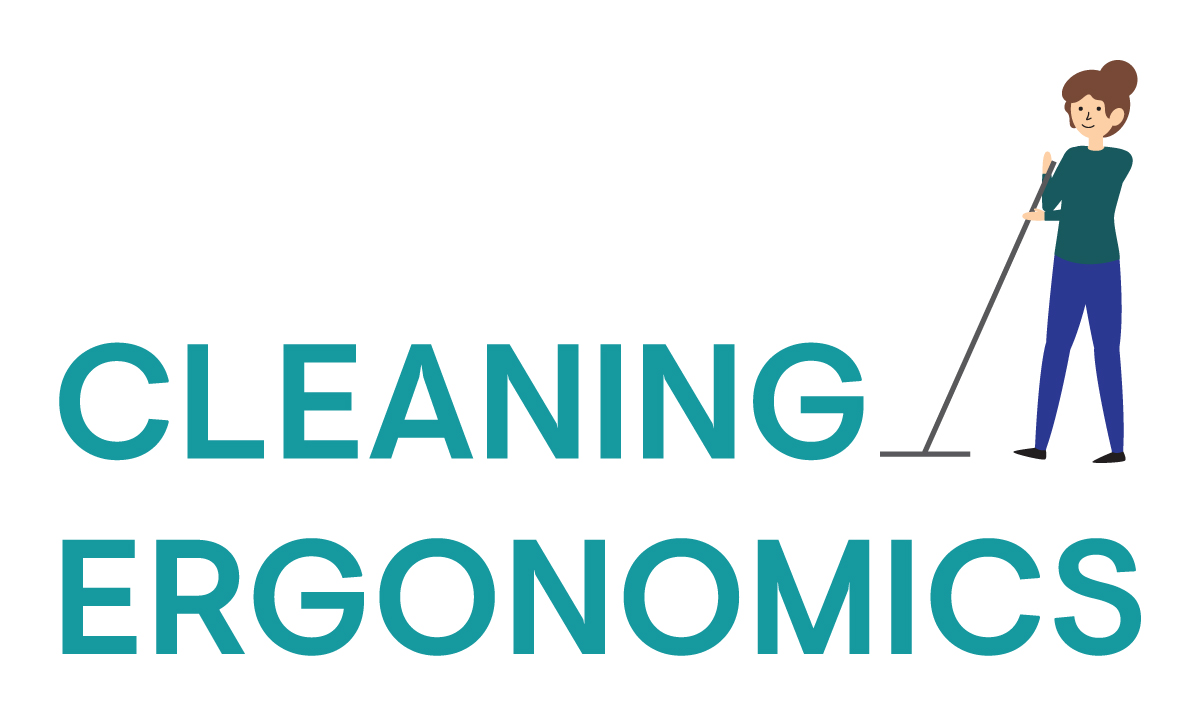
The international project “Cleaning Ergonomics- to Prevent Occupational Diseases and Accidents” started in the fall of 2021 and lasted for 3 years. 4 countries participate in the project – in addition to Estonia, Hungary, the Netherlands and Finland.
We hope to raise awareness of the most common causes of occupational accidents and diseases in the cleaning industry with this project. We want to make the industry more aware of existing risks. With this project, we want to offer solutions for the prevention and avoidance of the 20 most common factors causing occupational diseases and accidents in the form of simple educational films. In order for the training to be effective, we offer a training plan and a brief description of the methodology for preventing the 20 most important problems.
Partners participating in the project:
- Puhastusekspert OÜ www.puhastusekspert.ee
- Propuhtaus https://www.propuhtaus.fi/
- Brite-Sol KFT https://www.britesol.hu/
- SVS B.V. https://www.svs-opleidingen.nl/Home
The cleaning ergonomics studies and results carried out within the project can be downloaded HERE
The 20 cleaning ergonomics training videos created within the project can be found HERE
A picture guide for preventing accidents and occupational diseases in cleaning can be downloaded:
Educational material for teaching cleaning ergonomics can be downloaded
We hope to reduce occupational diseases and accidents in cleaning by at least 10% with the created materials, currently there is 1 occupational accident or occupational disease per 50 employees per year. If we meet the goal set in the project by reaching 84,000 people, we will statistically avoid 1,680 occupational accidents or occupational diseases per year. We plan to achieve a safe and healthy working environment for cleaning workers, of whom there are over 4 million in the European Union.
More information:



